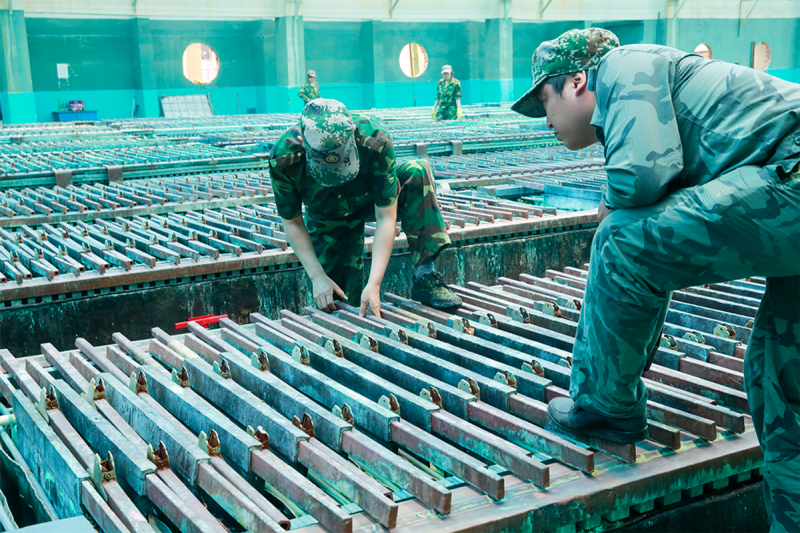The global supply chain for rare earth elements has been heavily reliant on China for production and processing for decades. However, recent geopolitical tensions and trade disputes have raised concerns about this dependence. In response, various countries are exploring ways to reduce reliance on China for rare earths.
One of the key strategies being considered is diversifying sources of rare earth production. Countries such as the United States, Australia, and Canada are ramping up efforts to increase their domestic production of rare earths. This involves investing in mining projects and expanding existing operations to boost output. By developing their own sources of rare earths, these countries can reduce their reliance on China and enhance their supply chain resilience.
In addition to increasing domestic production, another approach is to enhance processing capabilities outside of China. Rare earth processing involves various complex steps that are currently dominated by Chinese companies. However, countries are looking to establish their own processing facilities or partner with allies to build more diversified supply chains. By decentralizing processing operations, countries can mitigate the risks associated with relying on a single dominant player.
Furthermore, recycling rare earth elements from electronic waste presents another avenue to reduce dependence on Chinese supply. E-waste contains significant amounts of rare earths that can be extracted and reused, reducing the need for new production. Innovative technologies and policies to promote e-waste recycling can help countries recover valuable rare earths and lessen their reliance on external sources.
International cooperation and partnerships are crucial in efforts to reduce reliance on China for rare earths. By working together, countries can share resources, technologies, and expertise to develop a more resilient and sustainable rare earth supply chain. Collaborative initiatives can help diversify supply sources, enhance processing capabilities, and promote recycling efforts on a global scale.
Overall, reducing reliance on China for rare earth production and processing requires a multi-faceted approach that involves increasing domestic production, enhancing processing capabilities, promoting recycling, and fostering international cooperation. By implementing these strategies, countries can strengthen their supply chains, reduce vulnerabilities to disruptions, and ensure a stable and sustainable supply of rare earth elements for various industries.




























